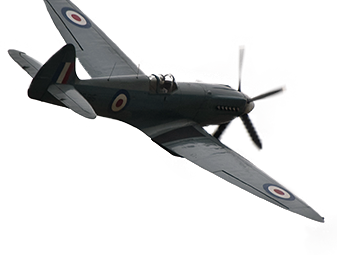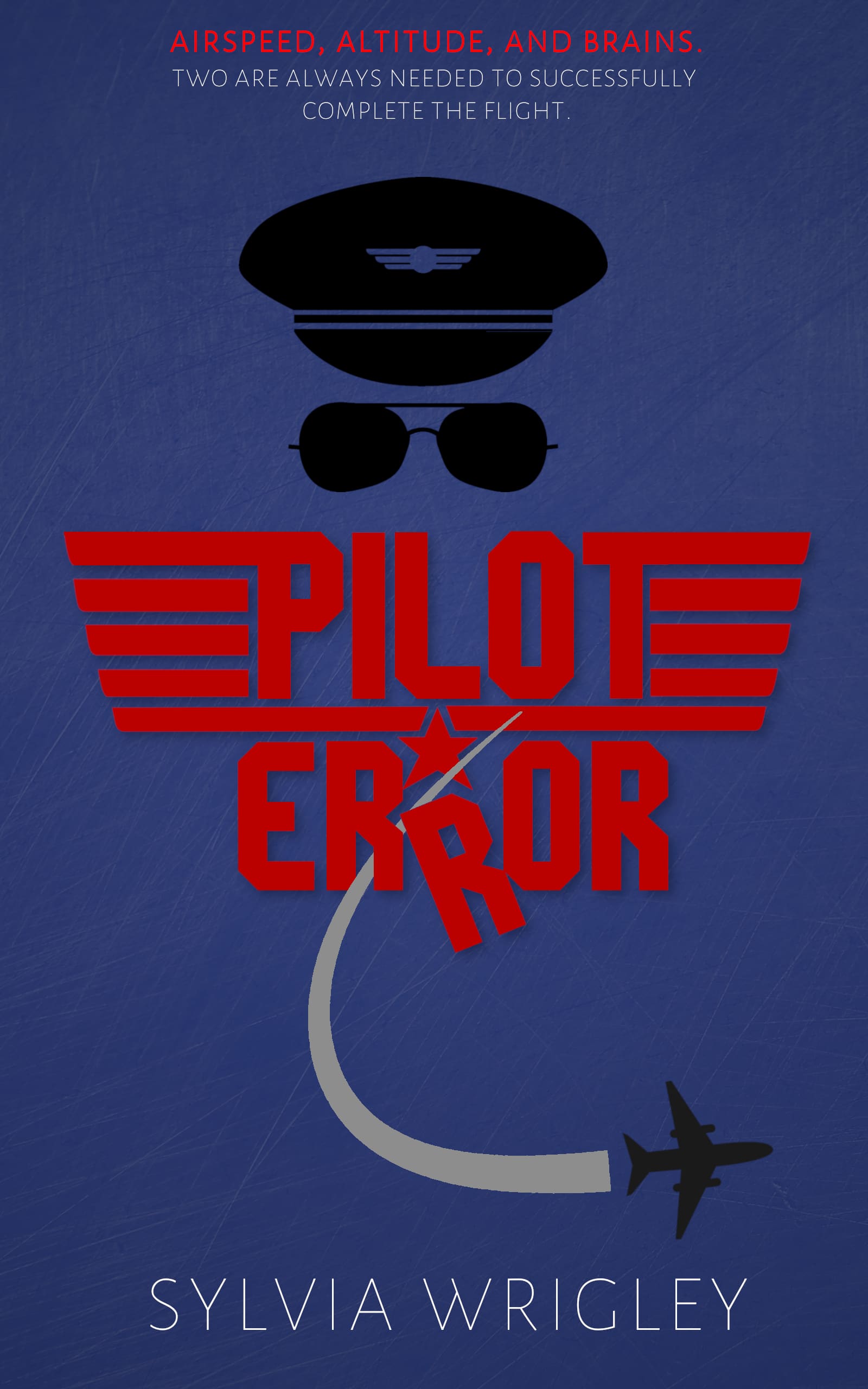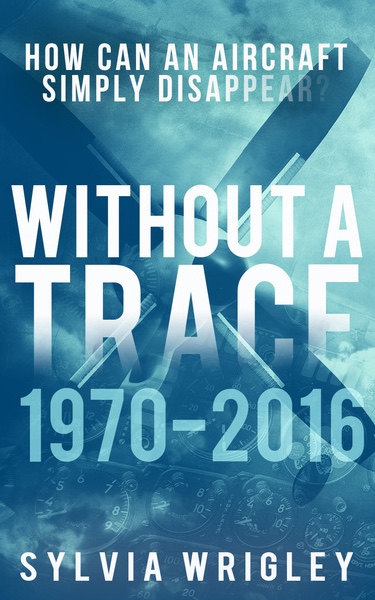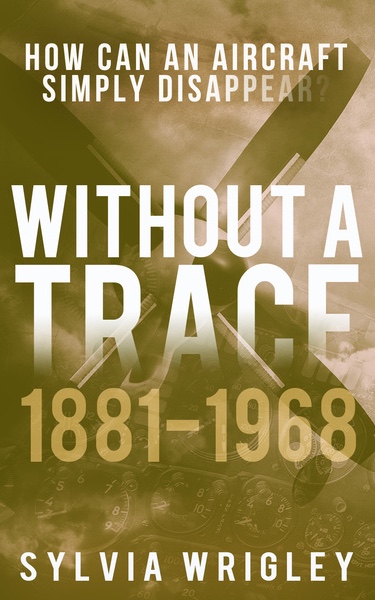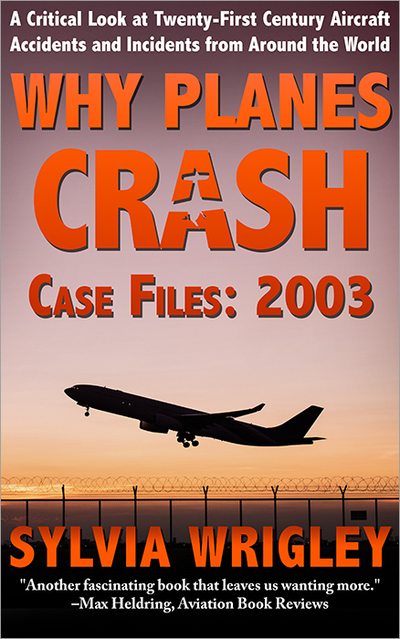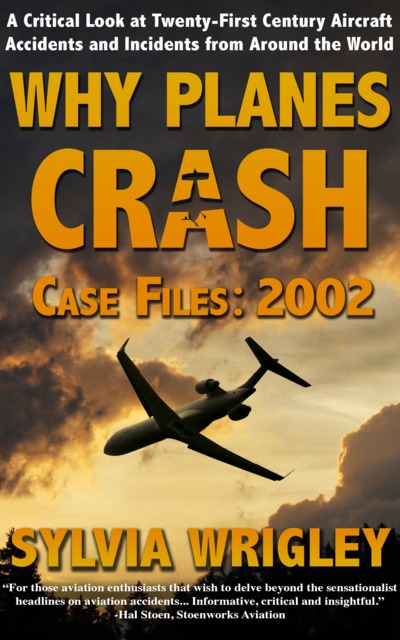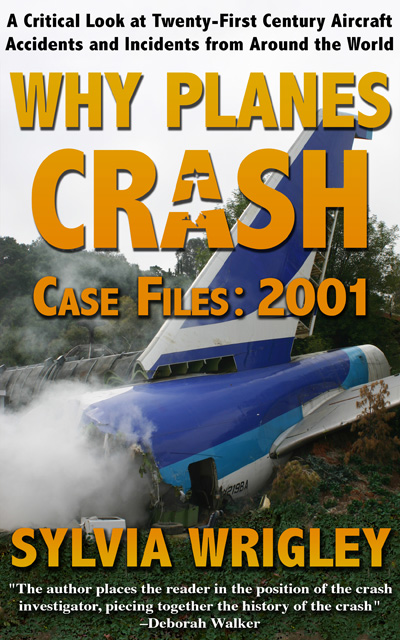How Not to Become a Police Pilot
I was looking for something completely different when I stumbled on an old thread about How Not to Become a Police Pilot on the Professional Pilot’s Rumour Network. The story starts with a rumour that a Police helicopter pilot was being prosecuted at Leicester Crown Court.
Apparently, the man became friendly with some pilots at the East Midlands Police Air Support Unit. He told the staff that he was a freelance helicopter pilot and owned his own helicopter. He clearly loved helicopters and was interested in a ride-along with the Air Support Unit, but as no passengers are allowed on police operation flights, it wasn’t possible.
Then they received a brand new helicopter, The Eurocopter 135.
The Eurocopter EC 135T is the most common air support aircraft used by the British police. It is equipped with daytime and night vision video equipment and a large torch, as powerful as 30 million candles. The helicopter downloads images to police control rooms as the footage is filmed. A standard crew is three: a pilot, a police observer in the front and a rear police crew member in the back, controlling the camera systems and assisting with navigation.
At the same time, a vacancy came up for a pilot in the East Midlands Police Air Support Unit. Our man suddenly realised that if he applied for the job, he might get the chance to fly in the helicopter.
His application was by all accounts phenomenal, “put him in the John Farley league” as one person described it. He told them that he had his Airline Transport Pilot Licence for Aircraft and Helicopters, the highest level of pilot licence available, along with airline hours with British Airways, experience with the corporate helicopter field and that he already held all the appropriate type ratings for the Eurocopter 135. He told them that he had had enough of airlines and wanted a change.
In reality, he had obtained his private pilot’s licence two years before. He had no other qualifications. The CV he submitted was “almost entirely fantasy.”
The pilots of the Air Support Unit knew him from his visits and his stories about flying his helicopter. They backed his application and he was taken up for a flight in the EC135.
Full credit to the man’s piloting abilities, he handled the helicopter well and no one realised that he wasn’t qualified to fly the bird. He then received a further five hours Police Operations line training in the EC135 before his formal interview which he passed with flying colours. He was clearly the best candidate for the job and was told that, as soon as he produced his licence, flying records and references, he would be offered a contract.
Of course, he did not have the paperwork to back up his claims and the story quickly unravelled around him.
Luckily, he had an extremely competent barrister who argued to dismiss most of the charges. Here’s what the barrister had to say about the case:
The Defendant faced 6 different charges. During legal argument at the beginning of the trial, the Prosecution had to concede that they simply did not have the evidence to support 5 of them. To succeed, they would have to prove that the Defendant was to be paid (ie a “pecuniary advantage”) for the operational flights he performed. Closer examination of the evidence confirmed the Defence argument: There was no agreement that he was ever going to receive payment for those flights, therefore he had not obtained a pecuniary advantage. The Prosecution conceded the point and Not Guilty verdicts were recorded.
A pecuniary advantage is a financial advantage. The offence of obtaining a pecuniary advantage by deception was repealed by the Fraud Act 2006 but, at the time of this case, it was still in force. There are three elements to this charge:
- There must be a deception
- There must be causation
- There must be the obtaining of a pecuniary advantage
So the barrister’s argument was there was no financial advantage. He was obviously going to get caught. He never expected to get the job but only wanted to fly with the Air Support Unit as a part of the interview process. He received what he expected: training but no salary.
Even as the situation progressed, he clearly couldn’t start work until he produced his paperwork confirming his experience and ratings: paperwork which didn’t exist. He never attempted to supply any documents. Instead, the pilot withdrew his application, proving that he wasn’t interested in the contract (and was not interested in getting paid). He simply wanted a free ride in the shiny helicopter. Don’t we all?
The Prosecution then applied to add a completely new charge to the indictment namely that he had dishonestly obtained ‘services’ (training) by deception. The Judge was agreeable in principle to this application. However, we argued the new charge was based upon a misinterpretation of the relevant law which requires there to have been an agreement or understanding that the services obtained would be paid for. After further legal argument, the Prosecution again conceded that was correct, and that they could not prove this essential element of the offence because there was no agreement that he would pay for his training. The Prosecution withdrew the application to add the new charge.
That left one charge remaining, which was swiftly dropped.
To obtain a conviction, the Prosecution would have to prove that the Defendant was actually offered the job/contract. They overlooked the fact that he was not. He was told that, subject to production of his ATPL, flying records, satisfactory references from previous employers, and getting through Police security vetting etc, if everything was in order, he would then be offered a contract. He withdrew his application, was not offered the contract, therefore did not obtain a pecuniary advantage. (If he had been offered the contract, the offence would have been complete at that point. Withdrawing later would be mitigation, but not a defence.)
In theory, the Prosecution could have alleged an attempt to obtain the job. However, on the facts of this particular case, they would then have to prove he was actually attempting to obtain the job (rather than free rides and training) without being able to provide any of the items referred to above. Dishonest he may have been, complete fool he clearly is not.
If I couldn’t secure an acquittal on that remaining charge in those circumstances, I’d think it was time to hang up my wig and gown and apply for a job with the CAA. (Not that they’d have me!)
A local newspaper ran the story with the blaring headline POLICE LET AMATEUR FLY THE FORCE HELICOPTER. According to the article, Lamb paid £1,750 to cover the cost of his flights with the East Midlands Air Support Unit. He’s quoted as saying his fascination for police aviation got the better of him and he regretted his actions.
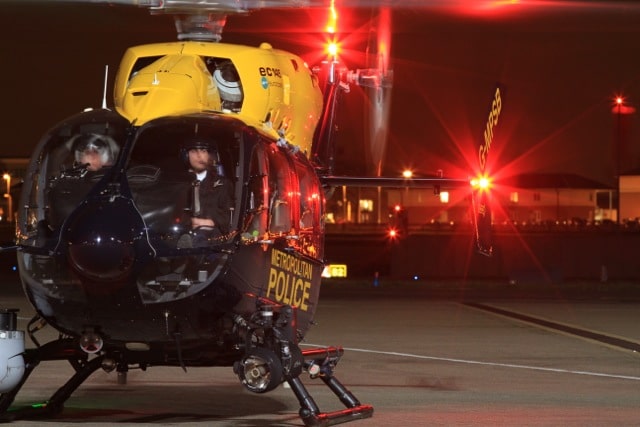
I bet he doesn’t regret the flight, though! Would you?
If you enjoyed this post, you’ll probably like these:
- A Mexican Adventure
- Tipsy Nipper Crash Video
- How to Drown a Jet
- A Close Encounter with an Emu
- Unfit to Fly
- FAA Approved?
Why not subscribe to the mailing list? Receive Fear of Landing in your inbox every Friday evening by filling in this form:
